SUMMARY
This is AI generated summarization, which may have errors. For context, always refer to the full article.
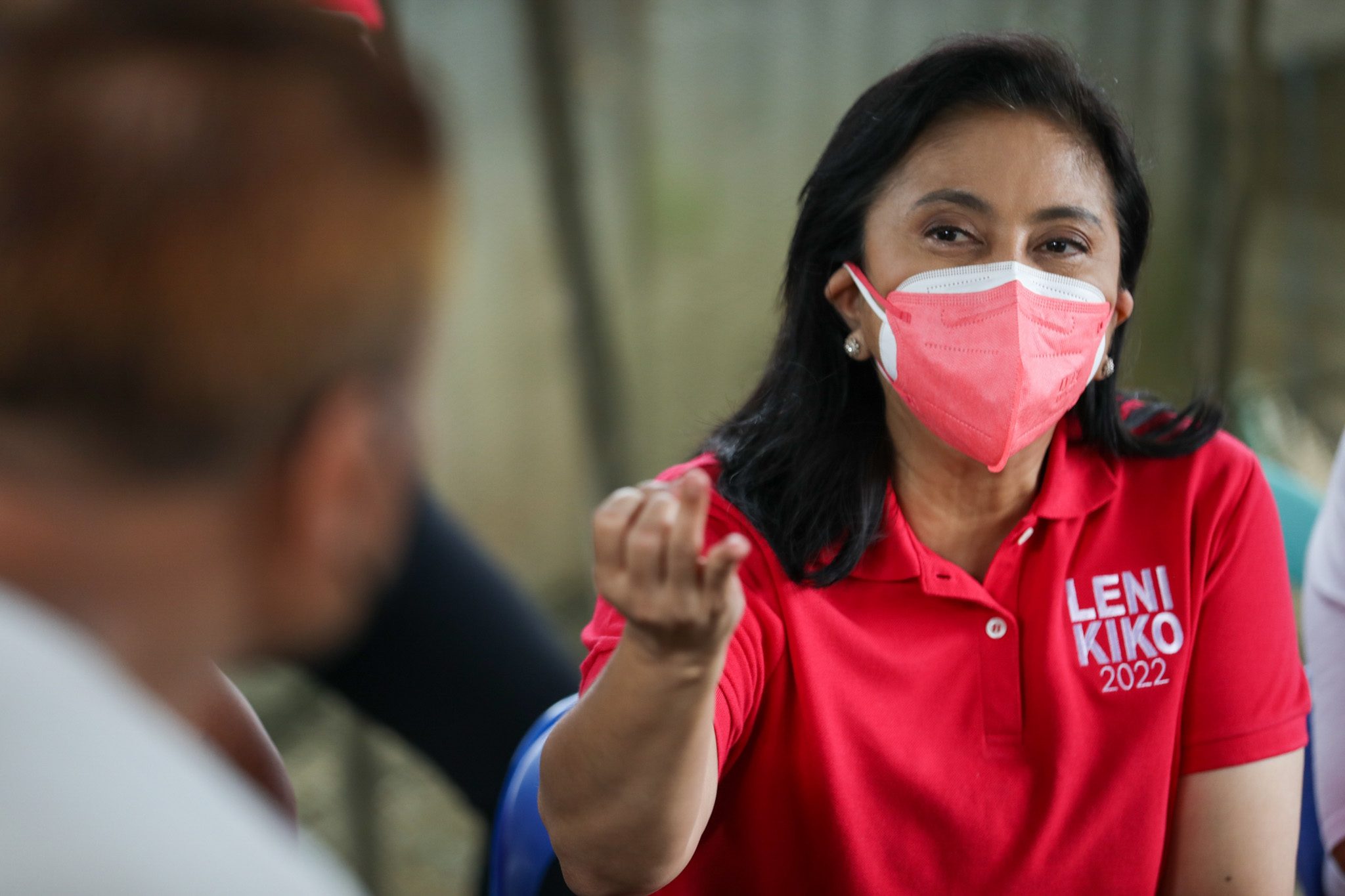
If Vice President Leni Robredo becomes the next Philippine president, she would veer away from “car-centric” infrastructure projects and instead focus on programs that would benefit commuters, bikers, and transport workers more.
Robredo discussed her infrastructure platform on Thursday, November 18, in a pre-recorded Q&A session with members of the Philippine Chamber of Commerce and Industry (PCCI) for its 47th Philippine Business Conference and Expo featuring several presidential aspirants in the 2022 elections.
“We will prioritize building a nationwide active transport infrastructure, starting with the most traffic-congested areas. Our goal is to make roads for people, not cars,” Robredo said.
The opposition leader said that unlike President Rodrigo Duterte’s government that had “car-centric” public budgeting, she would prioritize “feasible and strategic” projects with “high impact” for the Filipino people.
Robredo backed the proposed bus rapid transit systems in EDSA and Cebu. She also highlighted the need for protected bike lanes across the country. Biking is becoming an increasingly popular form of transportation for Filipinos ever since the coronavirus pandemic hit in 2020.
“This means shifting away from the failed car-centric public budgeting. We need a better balance for a better normal: More bus rapid transits, better service contracts for transport workers, a just transition for transport workers, protected bike lanes, bike racks, safe pathways, better bus stops, and railways for our long-term needs,” Robredo said.
The Vice President herself has been a longtime commuter. She had made headlines for opting to ride a public bus whenever she returns to Naga City in Camarines Sur from Metro Manila when. She has since moved her residence to nearby town Magarao, but continues to take the bus when going there.
Robredo also said in October that her infrastructure program would push for rural development so it would have a “direct impact” on helping uplift the lives of farmers and fisherfolk in rural areas.
The Vice President earlier criticized the Duterte government for belittling the traffic crisis in the Philippines.
Robredo also earlier slammed the President for his misplaced priorities in the proposed P5.024-trillion budget in 2022, as the government would rather give more funds for its big-ticket infrastructure projects instead of financing the health sector during the coronavirus pandemic.
Foreign ownership of telcos
In the same PCCI forum, Robredo was also asked about her plans for the country’s digital transformation to help ease business processes and increase industrial productivity.
“Our administration will foster an environment that is open to innovation and access to information,” said Robredo.
The Vice President said she would support efforts to scrap the current requirement for telecommunication companies to seek a congressional franchise to be able to provide more Wi-Fi access to Filipinos.
She would also support proposals to delist telcos as a public utility, which would pave the way for more foreign investors in the industry.
Robredo said she would also utilize the national ID system and make it “fit a digital world,” where instead of a physical ID, each person would just be issued a number which can then be used in an interconnected system.
The Vice President said business regulatory processes like business permit applications, filing of legal forms, and sending notices from the government would be digitized. – Rappler.com
Add a comment
How does this make you feel?







![[New School] Tama na kayo](https://www.rappler.com/tachyon/2024/02/new-school-tama-na-kayo-feb-6-2024.jpg?resize=257%2C257&crop=290px%2C0px%2C720px%2C720px)
![[Only IN Hollywood] After a thousand cuts, and so it begins for Ramona Diaz and Maria Ressa](https://www.rappler.com/tachyon/2024/02/Leni-18.jpg?resize=257%2C257&crop=262px%2C0px%2C720px%2C720px)
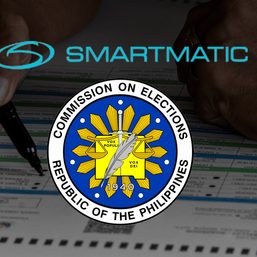
![[New School] For the thrill of it all: Why you should be an intern at Rappler](https://www.rappler.com/tachyon/2024/01/ns-intern-post-internship-essay-dana-villano.jpg?resize=257%2C257&crop=309px%2C0px%2C720px%2C720px)
![[New School] Life hacks for Rappler interns and volunteers (Taylor’s Version)](https://www.rappler.com/tachyon/2023/05/interns-rappler.jpg?resize=257%2C257&crop=156px%2C0px%2C980px%2C980px)
![[OPINION] My plate is full: Juggling school, a Tiktok career, and a Rappler internship](https://www.rappler.com/tachyon/2021/01/ispeak-rappler-internship-1280.jpg?resize=257%2C257&crop_strategy=attention)

![[OPINION] Sara Duterte: Will she do a Binay or a Robredo?](https://www.rappler.com/tachyon/2024/03/tl-sara-duterte-will-do-binay-or-robredo-March-15-2024.jpg?resize=257%2C257&crop_strategy=attention)

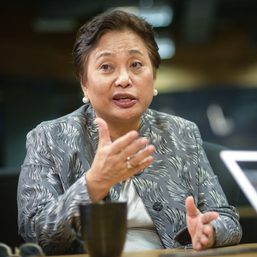

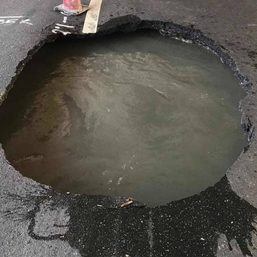
![[ANALYSIS] Investigating government’s engagement with the private sector in infrastructure](https://www.rappler.com/tachyon/2024/04/tl-gov-private-sectors-infra-04112024-1.jpg?resize=257%2C257&crop=435px%2C0px%2C1080px%2C1080px)
![[OPINION] Cities and public spaces should be for people first](https://www.rappler.com/tachyon/2024/04/imho-people-first-city-04132024.jpg?resize=257%2C257&crop_strategy=attention)
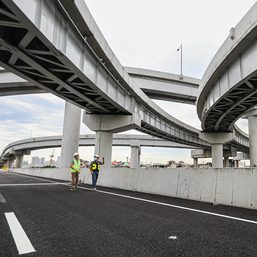
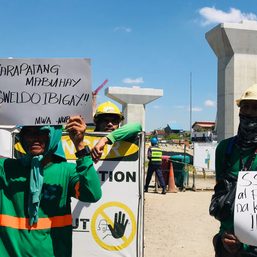
There are no comments yet. Add your comment to start the conversation.